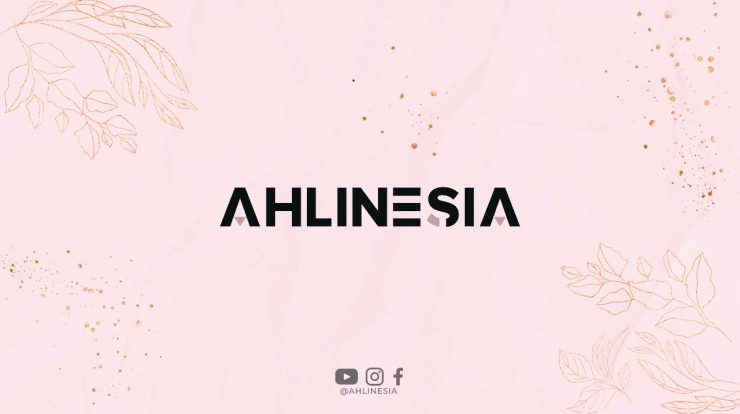
When it comes to purchasing a car, one of the biggest decisions you’ll have to make is whether to buy it outright or finance it. Both options have their advantages and drawbacks, so it’s crucial to weigh them carefully before making a decision. In this article, we’ll delve into the pros and cons of buying and financing a car, helping you make an informed choice that suits your needs and financial situation.
Buying a Car
Buying a car with cash is undoubtedly the most straightforward option. By paying the full amount upfront, you avoid monthly payments and the burden of interest rates. Moreover, you have complete ownership of the vehicle from day one. This means that you can modify or sell it whenever you want without any restrictions.
However, purchasing a car outright requires significant savings or a lump sum of money. Not everyone can afford to make such a substantial investment, especially considering the rising prices of automobiles. Additionally, if you use up all your savings to buy a car, you might be left financially vulnerable in case of emergencies or unexpected expenses.
Financing a Car
Financing a car allows you to spread the cost over a set period, usually through monthly installments. This option enables you to drive your dream car without the need for a large upfront payment. It also offers flexibility, as you can choose the loan term that best fits your budget and financial capabilities.
Another advantage of financing is that you can potentially build or improve your credit score. Consistently making timely payments on your car loan demonstrates financial responsibility, which lenders look favorably upon. This can be beneficial when applying for future loans or credit.
However, financing a car means taking on debt and paying interest. The interest rates can vary depending on your credit history and the loan term, potentially resulting in a higher overall cost for the car. Additionally, you don’t fully own the vehicle until you’ve made the final payment, and any missed payments can negatively impact your credit score and lead to repossession.
Which Option is Right for Me?
Ultimately, the decision between buying or financing a car depends on your individual circumstances and preferences. If you have substantial savings or can afford to pay cash, buying a car outright might be the best choice for you. It provides immediate ownership and eliminates the hassle of monthly payments and interest charges.
On the other hand, if you don’t have enough savings to buy a car outright or prefer to preserve your cash for other purposes, financing can be a suitable option. It allows you to enjoy a new or used vehicle while spreading the cost over a manageable period. Just ensure that you can comfortably afford the monthly payments and understand the terms and conditions of the loan.
In conclusion, both buying and financing a car have their pros and cons. Consider your financial situation, future plans, and personal preferences before making a decision. Remember, it’s essential to strike a balance between your immediate needs and long-term financial well-being. By carefully weighing your options, you can make an informed choice that aligns with your goals and ensures a hassle-free car ownership experience.








